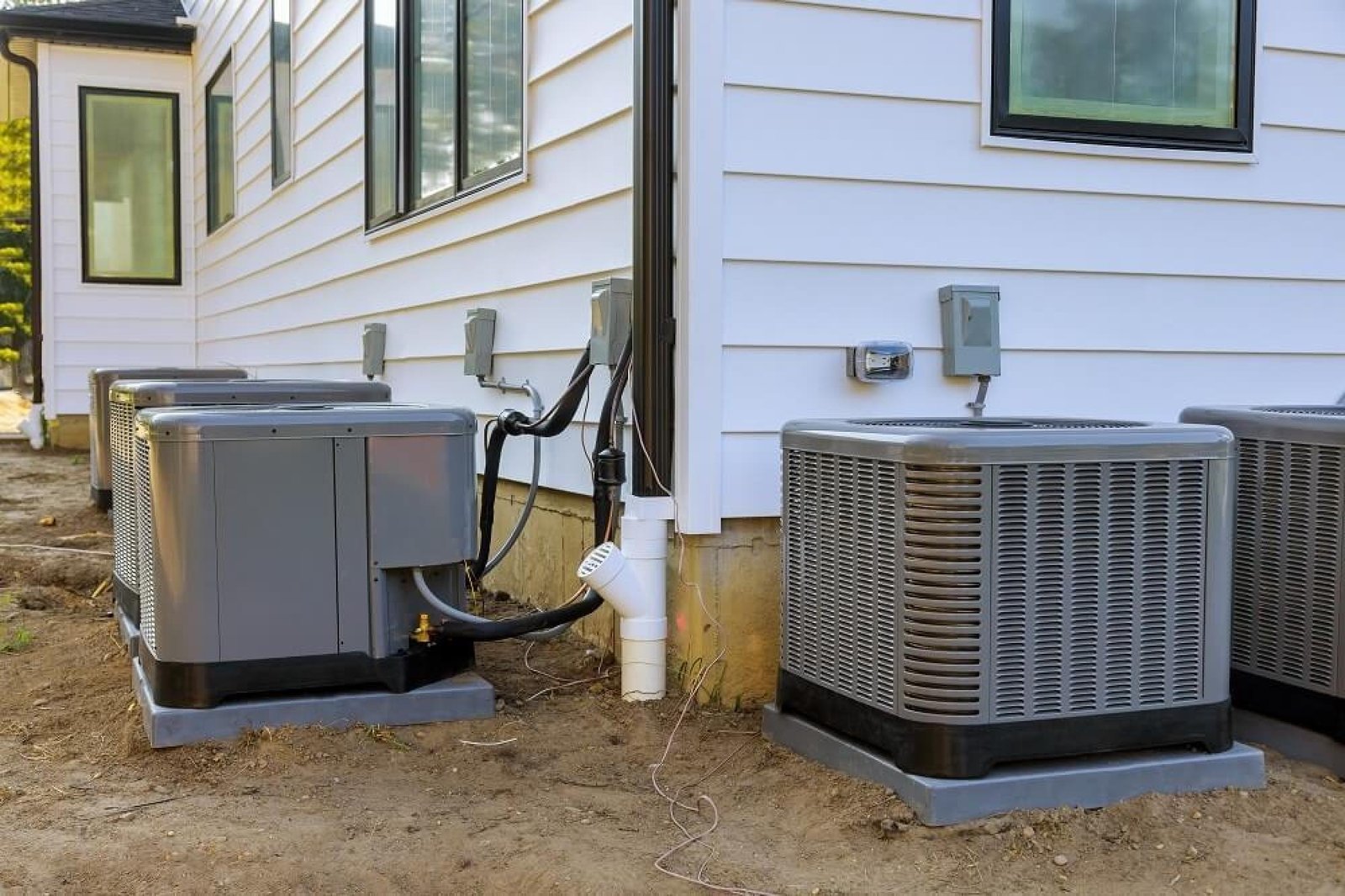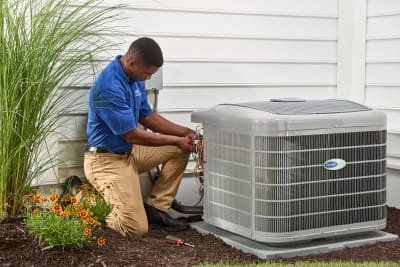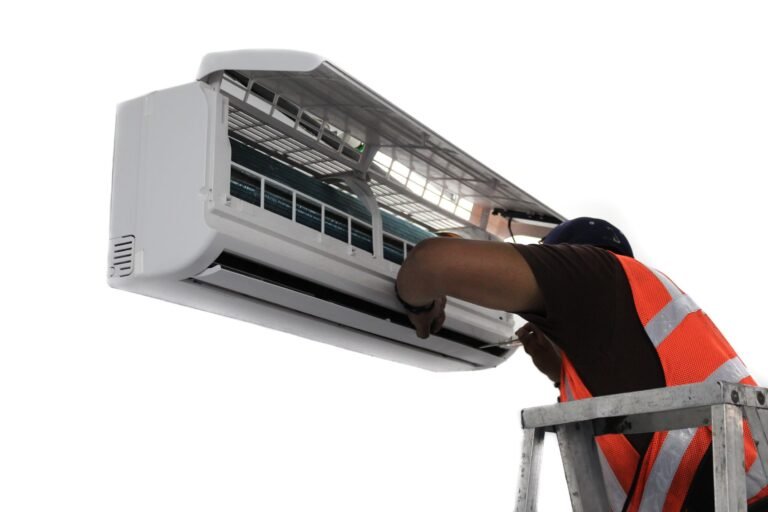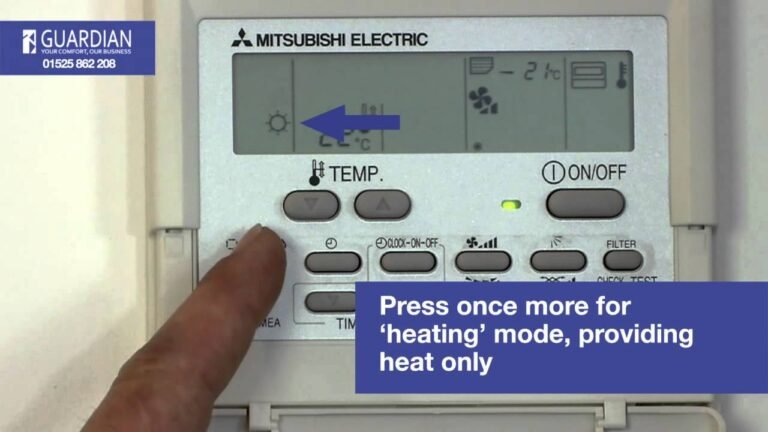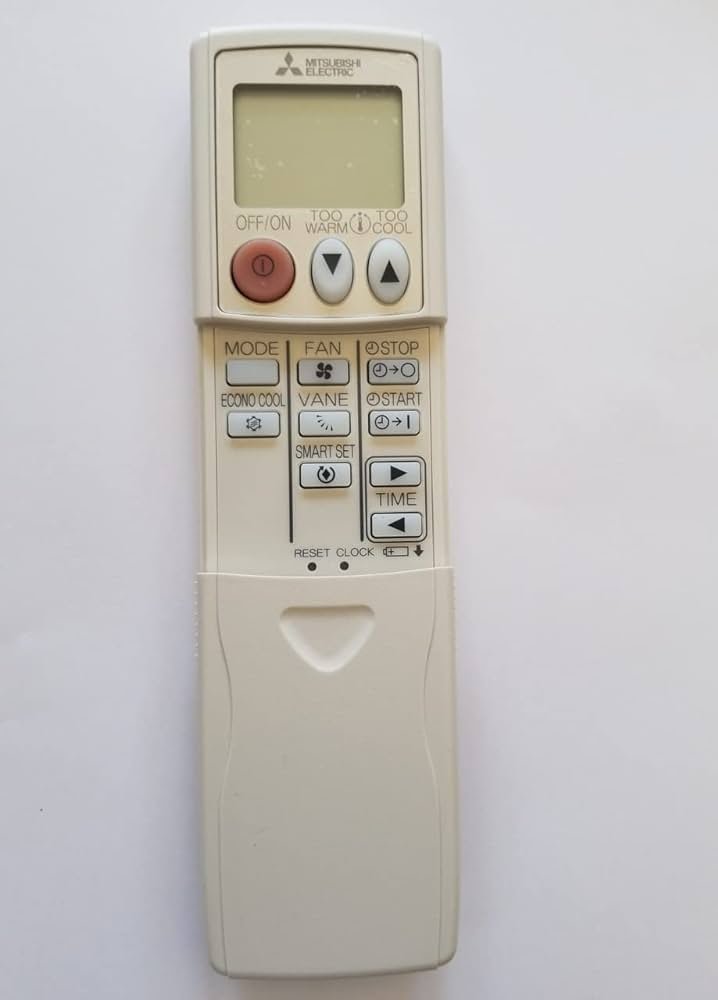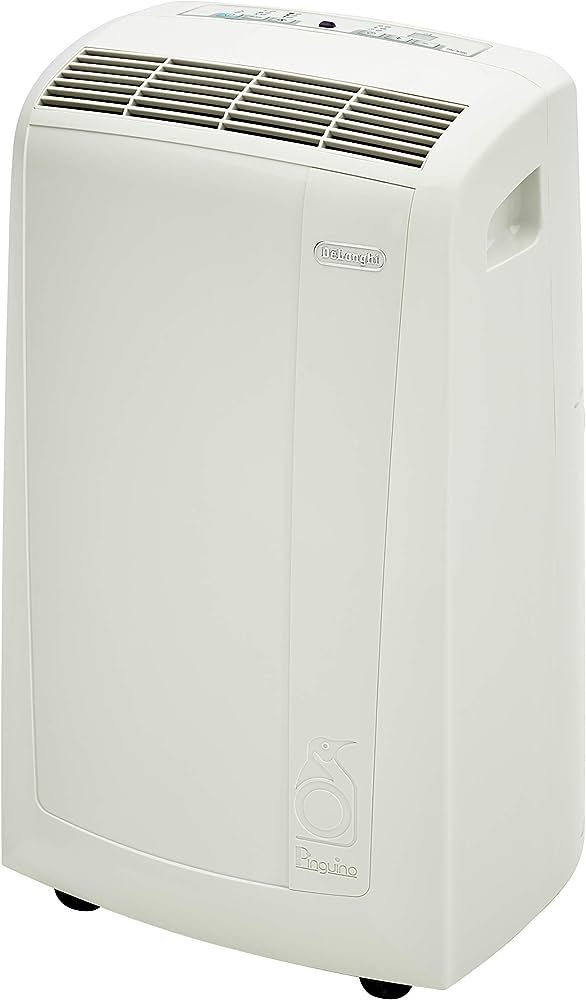How Do I Know If My House AC Needs Freon? Find Out Here!
If your house AC needs freon, there are several signs to look out for, such as your utility bills being higher than usual, the air coming out of your vents not being cold, ice building up on your refrigerant line, and loud or unusual noises coming from your unit. Additionally, if it takes much longer than normal for your home to cool off or if you hear hissing or bubbling noises, these can also indicate a low freon level in your AC.
It is important to regularly check and maintain the freon levels in your AC to ensure optimal performance and energy efficiency.

Credit: nicholson-hvac.com
Signs Of Low Freon Levels In Your Ac
Signs of low freon levels in your AC can indicate that your system is in need of a refrigerant recharge. One sign to look out for is if it takes much longer than it should to cool off your home. If you notice that your utility bills are higher than usual, this can also be a sign of low freon levels. Another indicator is if the air coming out of your vents isn’t cold. Additionally, if ice has started to build up on your refrigerant line or if you hear loud or unusual noises coming from your unit, these can be signs of low freon levels. Lastly, if you hear a hissing or bubbling noise, it may indicate a freon leak. If you experience any of these signs, it’s important to have a professional HVAC technician check your AC system for low freon levels and make any necessary repairs
How To Check The Freon Levels In Your Home Ac
| Step 1: Turn Off Your AC Unit |
| Step 2: Locate the Service Valve Caps |
| Step 3: Attach the Gauge Manifold to the Low Pressure Side |
| Step 4: Check the Pressure Reading |
| Step 5: Compare the Reading to the Manufacturer’s Recommended Levels |
How Often Should You Refill Freon In Your Home Ac?
Recharging the Freon in your home AC should ideally be done once every two to five years. However, there are certain factors that may require more frequent recharging. These factors include old or poorly maintained equipment, incorrect installation, and damage to the refrigerant lines. If you notice any signs of frequent Freon leakage, such as longer cooling times, higher utility bills, warm air coming out of the vents, ice buildup on the refrigerant line, or loud and unusual noises coming from the unit, it may indicate low Freon levels. Low refrigerant levels can cause the coils to freeze over, leading to inefficient cooling and higher energy consumption. It can also damage the compressor, resulting in costly repairs. It is important to address low Freon levels promptly to ensure optimal performance and energy efficiency of your AC unit.
Frequently Asked Questions On How Do I Know If My House Ac Needs Freon
How Do I Know If My Home Ac Is Low On Freon?
Signs your home AC is low on Freon: 1. Takes longer to cool your home. 2. Higher utility bills. 3. Air from vents isn’t cold. 4. Ice builds up on the refrigerant line. 5. Unusual noises from the unit.
How Do I Check The Freon In My Home Ac?
To check the Freon in your home AC, follow these steps: 1. Listen for hissing or bubbling noises when the AC is not running. 2. Look for ice buildup on the refrigerant line. 3. Check if the air from the vents is not cold.
4. Monitor if it takes longer than usual for your home to cool off. 5. Watch for higher-than-usual utility bills. If you notice any of these signs, it may indicate that your AC is low on Freon and needs attention.
How Often Should You Refill Freon In Your Home Air Conditioner?
You don’t need to refill Freon in your home air conditioner on a set schedule. Most units only need to be refilled once every two to five years or even longer. Low Freon levels can cause problems like insufficient cooling, higher energy bills, ice buildup, and unusual noises.
What Happens When Home Ac Is Low On Freon?
When your home AC is low on Freon, it can take longer to cool your house, increase your utility bills, and result in non-cold air from vents. It can also lead to ice build-up on the refrigerant line and unusual noises from the unit.
Low refrigerant levels can cause the coils to freeze and damage the compressor.
Conclusion
If you suspect that your house AC needs Freon, there are several signs to look out for. These include a longer cooling time, higher utility bills, warm air coming from the vents, ice buildup on the refrigerant line, and unusual noises.
Low Freon levels can lead to decreased cooling efficiency and potential damage to your AC unit. If you notice any of these signs, it may be time to have a professional check and recharge your system. Regular maintenance can help prevent Freon issues and ensure optimal performance.

